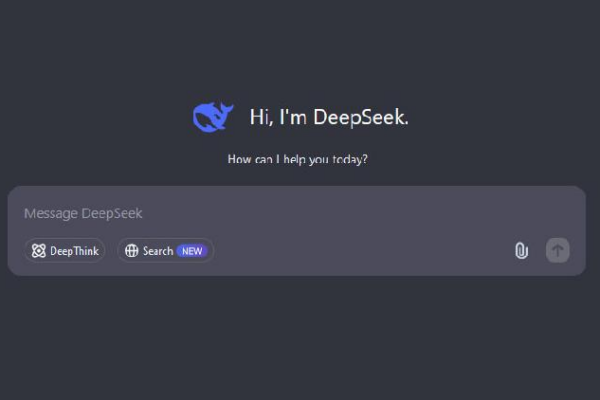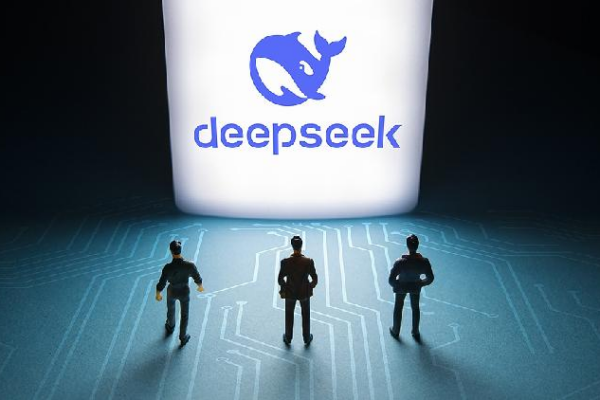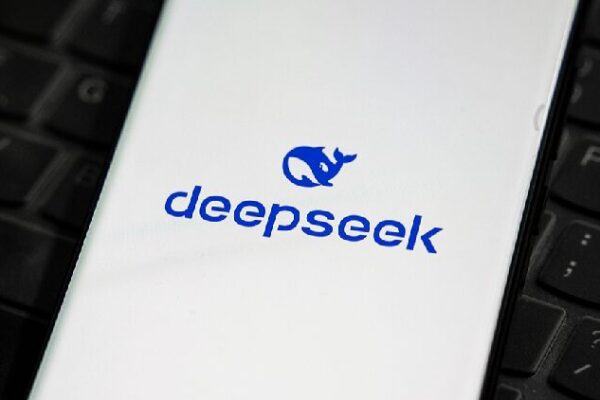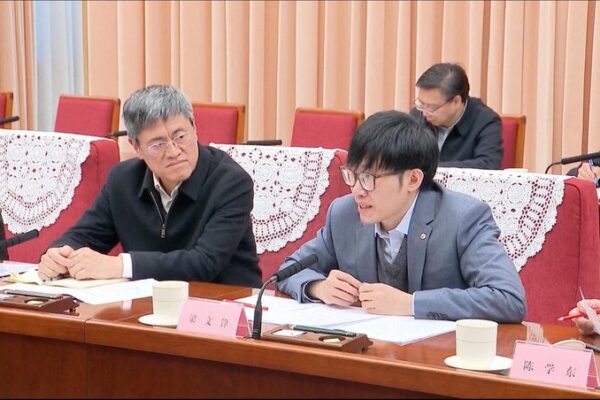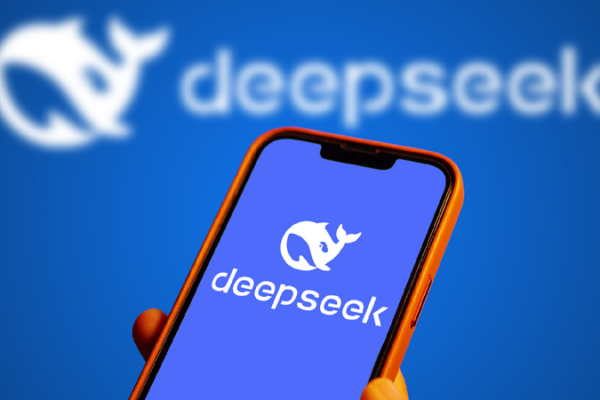Chinese startup DeepSeek has made waves in the tech world with the launch of its groundbreaking AI chatbot, R1. This innovative model leverages pure deep learning methods, allowing AI to develop its own reasoning capabilities. The result? High performance at a fraction of the typical cost.
But what does this mean for China and Africa? Experts Victor Gao and Alhassan Bala shed light on the transformative potential of DeepSeek’s innovation.
Narrowing the Global AI Divide
DeepSeek’s advancements are not just technological feats—they’re leveling the playing field in the global AI arena. By making sophisticated AI accessible and affordable, they’re enabling broader participation in the AI revolution. This democratization of technology means more nations, particularly in the Global South, can join the forefront of AI development.
AI Adoption Soars in Africa
Africa is already embracing AI, with significant growth in sectors like agriculture, education, and healthcare. The introduction of cost-effective AI solutions like R1 accelerates this trend. Farmers can optimize yields with AI-driven analytics, educators can personalize learning experiences, and healthcare providers can improve diagnostics and patient care—all bolstered by accessible AI technology.
Championing Open-Source Development
DeepSeek is not just offering a product; they’re promoting a philosophy. By supporting open-source AI development, they’re fostering a collaborative environment that encourages collective progress. This approach contrasts with models that concentrate power among a select few, instead empowering communities worldwide to contribute to and benefit from AI advancements.
The implications of DeepSeek’s R1 model are vast. For China, it solidifies its position as a leader in technological innovation. For African nations, it provides tools to leapfrog traditional development hurdles. And for young people everywhere, it represents an exciting horizon where technology is more inclusive and impactful than ever before.
Reference(s):
DeepSeek's AI breakthrough: What it means for China and Africa
cgtn.com
